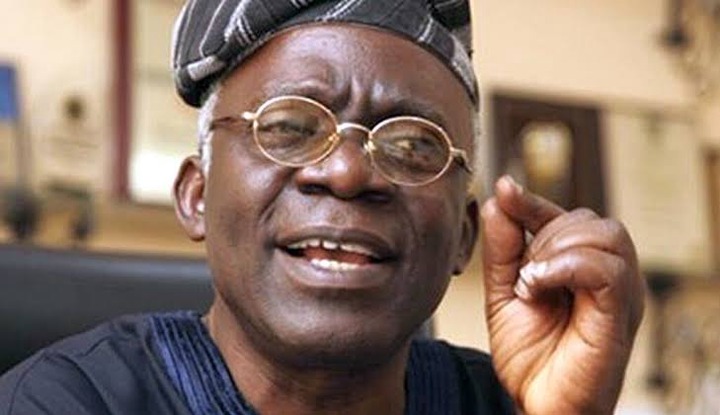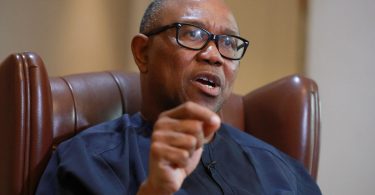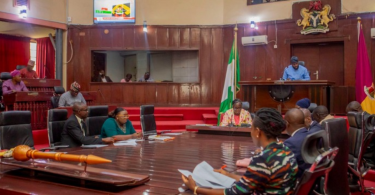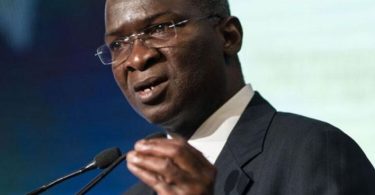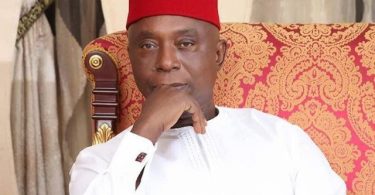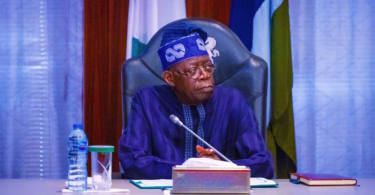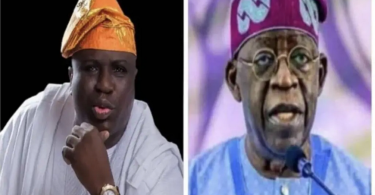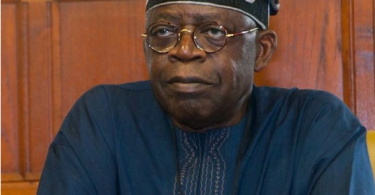Femi Falana (SAN), a highly respected and esteemed lawyer, has expressed his concern over the prolonged duration of the process for petitions filed against the results of the presidential election in Nigeria.
Falana made these remarks during his keynote address at the 2023 Law Week Programme of the Nigerian Bar Association, held in Benin City, Edo State. His comments were prompted by the ongoing challenges to the victory of Bola Ahmed Tinubu in the Presidential Election Tribunal in Abuja, filed by Peter Obi of the Labour Party and Alhaji Atiku Abubakar of the Peoples Democratic Party.
Comparing the situation in Nigeria to that of Angola and Kenya, Falana highlighted that the Constitutional Court and the Supreme Court of these countries determined petitions against the presidential election results within 14 days. However, in Nigeria, the confirmation of presidential and legislative election results takes an arduous 8 months, while the confirmation of governorship election results extends to 10 months.
Hear him; “The petitions filed against the results of the presidential elections declared by the election management bodies in Angola and Kenya were determined within 14 days by the Constitutional Court and the Supreme Court, respectively.”
The Vanguard paper shared Falana’s recent statement on its Facebook page, triggering a flurry of reactions from numerous Nigerians on the social media platform. The lawyer’s observations have struck a chord among citizens who have taken to social media to voice their opinions on the matter.
The delayed resolution of petitions against presidential election results in Nigeria has raised concerns about the efficiency and expediency of the country’s judicial process. Falana’s remarks highlight a disparity between the Nigerian system and those of other nations, leading many citizens to question the reasons behind this extensive delay.
Given Falana’s stature as a human rights lawyer, his comments carry weight and have sparked a broader conversation about the need for a more streamlined and prompt resolution of electoral disputes in Nigeria. This public discourse reflects the growing demand for transparency, accountability, and a fair electoral process within the country.
As the discussions continue, it remains to be seen whether Falana’s concerns will lead to tangible reforms in the Nigerian legal system, ultimately ensuring a more efficient resolution of election-related disputes and upholding the principles of justice and democracy.
KINGSIFY (
)

